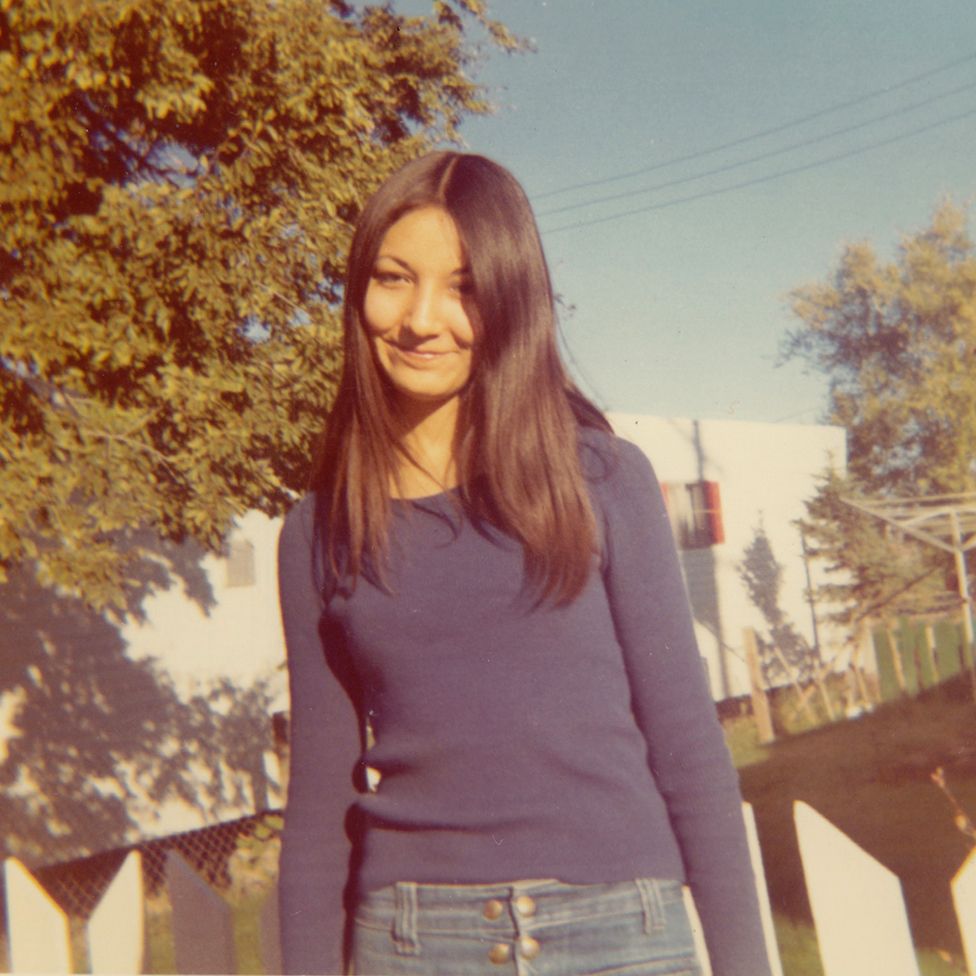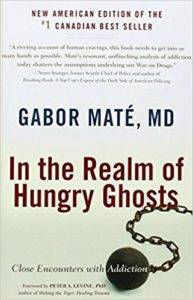
Counselors are also feeling the effects of overdoses hitting the Pittsburgh region as clients are dying at an unprecedented rate.

Many staff members say they’ve had to overcome stigma and judgment in order to “come out” about their own recovery. The POWER staff has about 400 years in recovery combined. Clients find inspiration in their counselors when they learn they, too, have gone through recovery and gotten to the other side.

Recovery is not something to hide at POWER. About half of POWER’s staff is in recovery. POWER is a residential treatment center that has served more than 1,000 women in Pittsburgh. The paths Judy and Kathy took eventually led both of them to work at the Pennsylvania Organization for Women in Early Recovery, commonly referred to as POWER. And now, it is through that experience that they are able to help others who are struggling with challenges similar to the ones they have faced. They fought through stigma and shame to tell their stories. Kathy and Judy, with their drastically different backgrounds, share the common experience of a life-altering addiction. After becoming addicted to cocaine, she started to deal, packing and carrying bricks of white powder from California to Pittsburgh.
#CRACK ADDICTION STORIES CRACK#
She watched her neighborhood crumble during the crack epidemic in the 1980s. Kathy Stewart grew up in the Hill District. Packages of pills were shipped directly to her doorstep. She developed an addiction to opioids and purchased her drugs online. Judy Acheson was a stay-at-home mom who lived in a million-dollar home in the suburbs. (Photo by Maranie Rae Staab/PublicSource) Kathy Stewart (left) and Judy Acheson at POWER in Swissvale. In the hypocrisy of the opioid epidemic, white means victim, black means addict.Ī timeline of drug use, policy and headlines in the United States & Pittsburgh. I’m a recovering drug addict, and my daughters need me My mom has been addicted to heroin since I was 8. Capretto equates his battle with cancer to the care addicts receive Jolted out of a drug haze with life-changing news: ‘I went to sleep at 15 and woke up at 23, pregnant.’ Pennsylvania lags in developing a plan of protection for infants affected by drugs But for kids with addicted parents, I was. Pittsburgh is an epicenter of the FBI’s work to crack down.Īn illustrated look: The opioid epidemic by the numbers The darknet is transforming the drug trade. PublicSource commits to making thoughtful choices on triggering imagery In telling stories of addiction, the media should stop spreading images of stigma. The American system of recovery doesn’t always work.

I can’t stop thinking about people caught in their addiction who won’t have the same opportunity.ĮMS workers are on the front lines of the opioid epidemic. Meanwhile those with more financial resources or milder forms of addiction often heal faster.īut even people who use harder drugs for long periods do typically recover.For two Pittsburgh women, helping others deal with drug addiction starts with telling their own stories. People in rural areas tend to have less access to health care. Studies also show racial bias makes it harder for Black and Hispanic Americans to find treatment. There are stark differences in how the body and brain respond to alcohol and different drugs. Recovery rates aren't the same for all people. Something I never thought would be possible, something I never thought I deserved for the longest time," Rasco said. He's now lived drug-free for nearly four years, married, and has a newborn baby. "They didn't want to put me in a halfway house. "They fought to only keep me in for 14 days they didn't want to pay for 30, and I knew that wasn't enough for me," Rasco recalled. Shots - Health News To save lives, overdose antidote should be sold over-the-counter, advocates argue


 0 kommentar(er)
0 kommentar(er)
